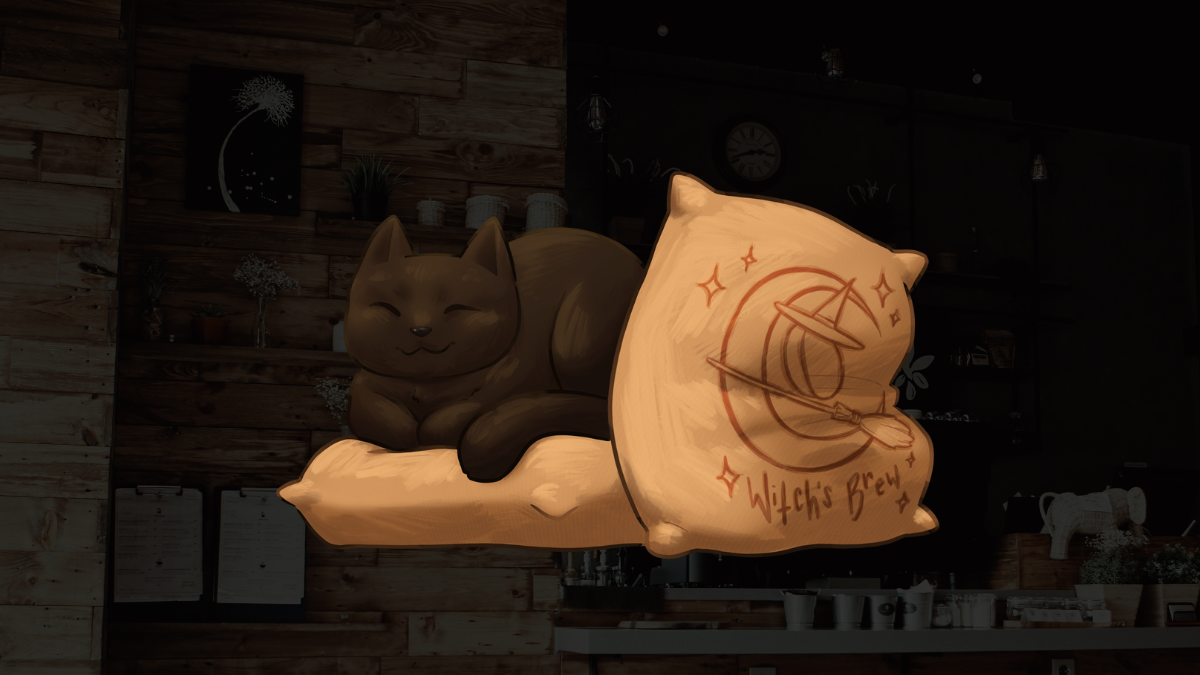
When I get into conversations with people about representing LGBTQ+ individuals in the media, or how LGBTQ+ people express themselves in society, the topic of stereotypes almost always comes up. People will say that characters in TV shows, movies, books, etc. shouldn’t identify with stereotypes, and that people acting according to a stereotype in real life asserts that we’re all the same. Whether it’s a good or a bad stereotype, we know that it’s harmful to assume everyone in a group identifies with it, but what do we do when someone genuinely fits a stereotype? Do we automatically have to assume that this is a bad thing?
As an example, last week, I wrote about how J.K. Rowling should step up and actually represent Dumbledore’s sexuality with the new Fantastic Beasts movie coming out after failing to write it in the books, despite her declaring to the world that he’s gay. After publishing this article and sending it out into the social media world, I got many arguments in return saying that trying to put evidence of Dumbledore’s sexuality would feel forced, and that it seemed like I was asking that she make him a stereotype. First off, let’s note that a straight person told me this. Things always get weird when straight people think they know what’s best for the LGBTQ+ community. Aside from that, they seemed to generate this idea that I wanted him to resemble a flamboyant, over-the-top gay wizard, though all I asked was that she indicate in her content that he’s gay. They also had the audacity to tell me that the possibility of a flamboyant, over-the-top gay wizard would be a setback for the community. While I agree that this personality type could be out of character for Dumbledore, is there really something so wrong with a powerful, well-known wizard who’s the headmaster of an esteemed magic school aligning with a few gay stereotypes?
I think what people often don’t realize is that there is a difference between identifying with stereotypes, and asserting that all people within a group act this way. If you put a gay guy in a show, and he happens to be flamboyant, this is not automatically a way of saying that the whole community is like this. If you somehow use this character to assert points about all gay people acting like that, or if you don’t give subtle hints that these personality traits are separate from his homosexuality, then that’s where you can have a problem. However, if you ask me, I’d rather the media represent gay people who happen to align with a few stereotypes than have no LGBTQ+ representation whatsoever. Presence is powerful, and erasing a gay presence just because a few stereotypes may come up is way worse than not representing the community, at all.
Some people in the community genuinely identify with traits that are considered stereotypes, and to say they don’t have a place in the media (or even in society, for that matter) just because they express themselves that way, is offensive.
More importantly, I have a problem with the fact that people think identifying with a few stereotypes automatically makes you a bad representation of the community. I understand wanting to avoid portray the community as being just one big stereotype, but get this: sometimes people genuinely align with some stereotypes. Crazy, right? However, that doesn’t mean that having these traits is the equivalent of saying that the entire community identifies this way. Rather, it probably says a lot about you if you meet a “stereotypical” gay male, and you think “wow, this must be how all gay people act.” Underestimating the complexity of individuals in a community just because they have just a few traits that match stereotypes is pretty insulting, and a giant misstep when it comes to interacting with the community at large. At the same time, saying that someone shouldn’t act according to a stereotype is insulting, because sometimes an individual’s personality just so happens to align that way, and that should in no way affect how you see the community as a whole.
We get so wrapped up in stereotypes, that it often becomes the only thing we see in the groups who so often get stereotyped. I personally feel it’s okay to identify with some stereotypes (as long as it’s not harming anyone), but we shouldn’t be acting like it’s a statement about the entire community. People should be allowed to express themselves in a way that makes them feel good without feeling like their expression represents more than just themselves. The only “bigger picture” that a person’s personality should represent is that there are many different archetypes of individuality within a community. Putting pressure on someone to act a certain way because it might misrepresent their community is ridiculous, and speaks more to how they believe the community should express themselves, rather than allowing everyone the freedom to be expressive in a way that makes them feel fulfilled.





Leave a Reply